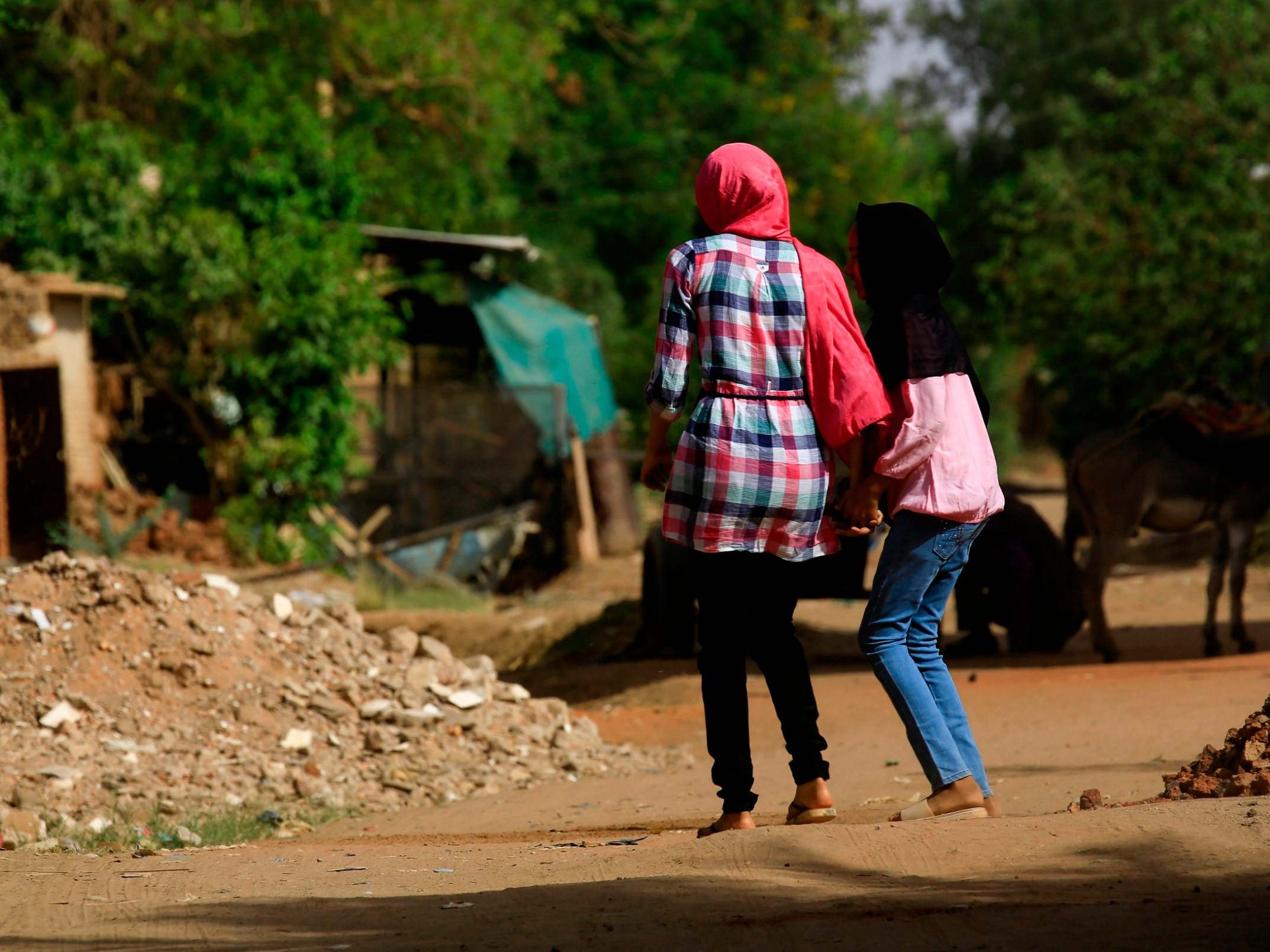‘Shame haunts victims’: Damaging gender norms compounding sexual exploitation of children
‘If a girl is raped it may not be seen as rape but that she must have done something to make that happen,’ researcher tells Maya Oppenheim in an exclusive interview


Damaging gender norms are exacerbating the problem of sexual exploitation of children in the Middle East and north Africa, a harrowing report has found.
The new study, carried out by End Child Prostitution and Trafficking International (Ecpat), has warned the combination of armed conflict, deeply entrenched inequality, and a dearth of awareness and statistics has terrible repercussions for the 160 million children living in the region.
Researchers found socio-cultural taboos suppress conversations about sex and sexuality and the culture of victim-blaming results in young girls being blamed for being subjected to sexual violence.
The report found that girls losing their virginity outside of marriage is regarded as dishonouring the family even if takes place in the context of sexual abuse and exploitation.
Mark Kavanagh, head of research at Ecpat International, told The Independent in an exclusive interview the issue of victim-blaming stems from a patriarchal interpretation of the law.
“Girls are prevented from coming forward to seek help due to an awareness they may be blamed or held responsible,” he said. “Family honour is sometimes taken to outweigh a girl’s rights. In the worst cases, girls will be punished by their families. The issue is around gendered expectations of girls and the culture of shame that can haunt victims.
“Strong cultural social attitudes might mean they are not seen as victims. If a girl is raped it may not be seen as rape but that she must have done something to make that happen. Girls might be so crushed by the experiences they have had that they internalise their shame and then there is also the shame that society subjects them to.”
Mr Kavanagh said there are also grave issues around boys suffering sexual exploitation due to prescriptive views about masculinity stopping them from coming forward to seek help.
He added: “Boys are sometimes put into contexts that are deemed too risky for girls. For example, boys are much more likely to be found in unsupervised street work, but it just as unlikely for an eight-year-old boy to be able to fight off a perpetrator as an eight-year-old girl”.
Mr Kavanagh said LGBT+ young people were being made homeless after their families disowned them because of their sexuality – adding that they are then highly vulnerable to exploitation.
He said they are often at risk of blackmail or exploitation after finding accommodation due to perpetrators threatening to “out them” or throw them out of the house if they do not carry out sexual favours.
The research found increased levels of sexual exploitation of children in areas were there are high levels of wealth polarisation, Mr Kavanagh said.
“The Middle East and north Africa (Mena) region is a diverse area,” he added. “This report looks at 19 countries. You have some of the least developed countries in the world – Sudan, Yemen and Libya – and then oil-rich nations such as the Gulf states. There is a risk factor for populations with a diverse wealth profile, where some are very rich and some are very poor, and where they rely on migration of poorer people from the Mena region who are coming to richer areas to do domestic and construction work.”
Mr Kavanagh said the lack of data about child sexual exploitation leads to ignorance about the scale of the problem from governments, which in turn compounds the risks faced by children.
Andrea Varrella, legal officer at Ecpat International, added: “The vulnerabilities, social rejection and stigma the LGBT+ youth are facing in the Middle East and north Africa must be addressed – in both national strategies and plans”.
Children who are thought to be lesbian, gay, bisexual or transgender in Saudi Arabia and Iraq are forced to endure continuing discrimination, torture and death, researchers said.
The report argues that even though the 19 governments it examines have ratified the United Nations Convention on the Rights of the Child – with most having ratified its Optional Protocol on the Sale of Children, Child Prostitution and Child Pornography – the whole Mena region must ramp up how it tackles the issue of child sexual exploitation.
Researchers interviewed experts around the area and closely analysed secondary data and literature across 19 countries, including Algeria, Bahrain, Djibouti, Egypt, Iraq, Jordan, Kuwait, Lebanon, Libya, Morocco, Oman, Qatar, Saudi Arabia, State of Palestine, Sudan, Syrian Arab Republic, Tunisia, United Arab Emirates and Yemen.
Join our commenting forum
Join thought-provoking conversations, follow other Independent readers and see their replies
Comments